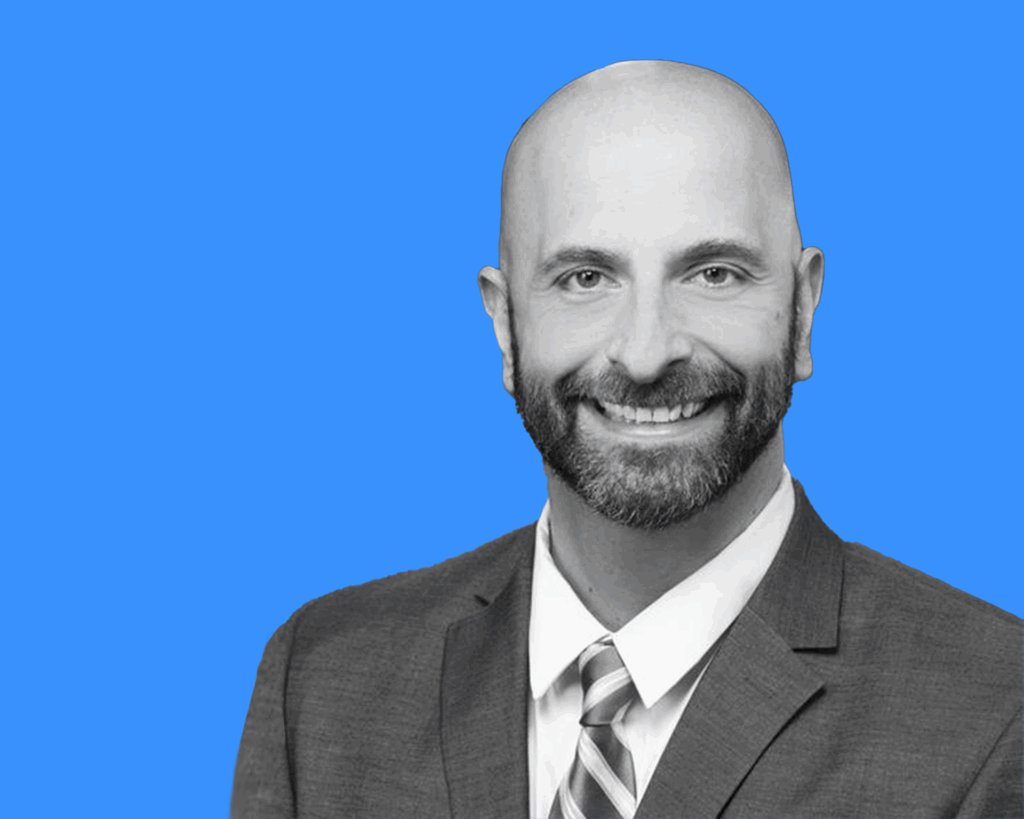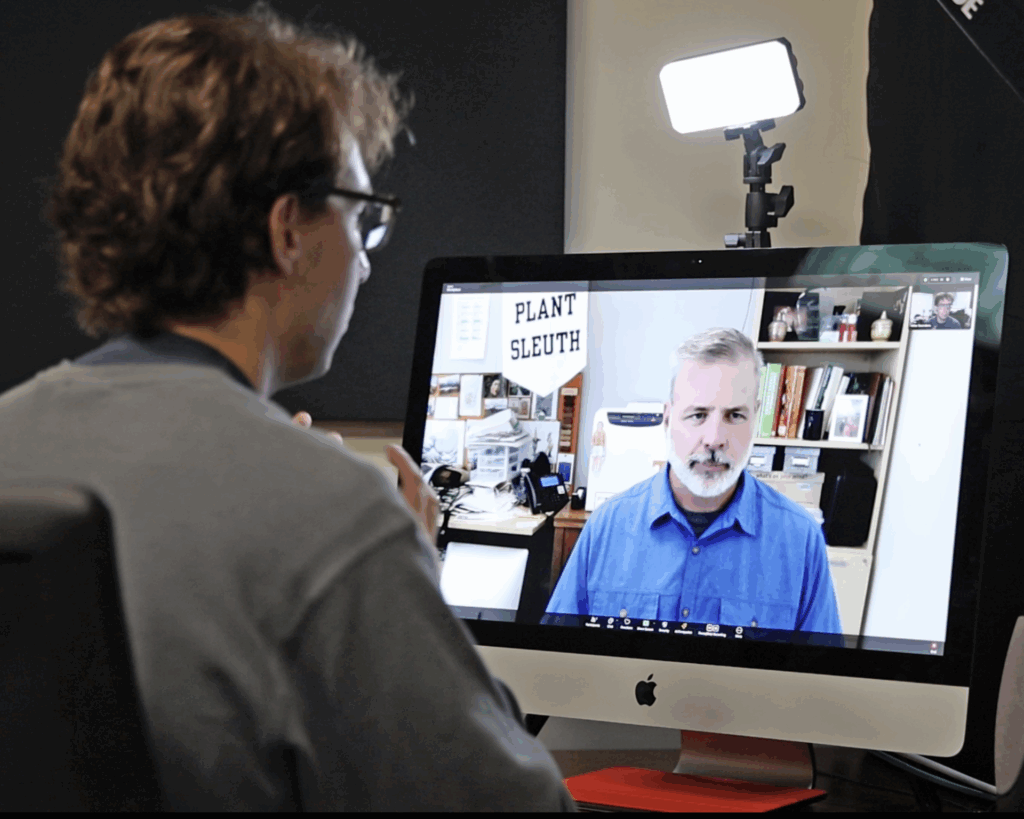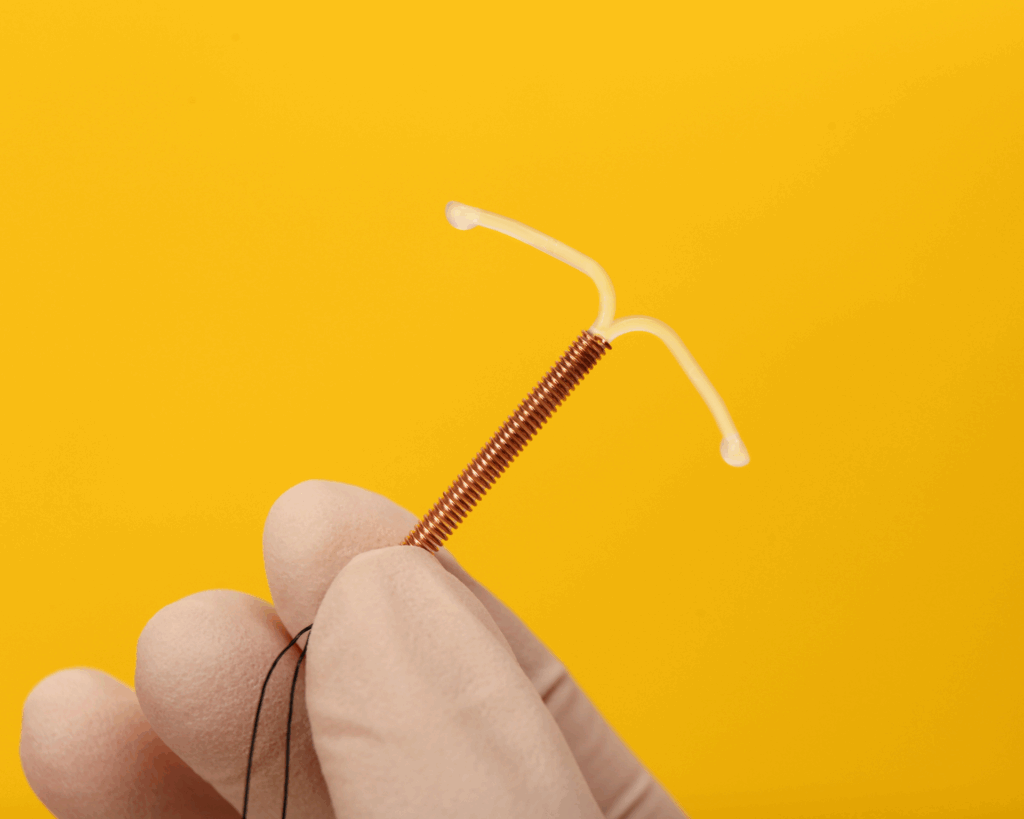Jack Mellom
Multimedia Fellow
produced by: Boston University School of Public Health
produced by: Boston University School of Public Health
Without clear definitions, FDA regulation of ultra-processed foods risks being ineffective or overly restrictive, potentially harming health.
Since 1970, deaths from ischemic heart disease have drastically declined. But deaths from other heart conditions have risen by 81%.
Safer opioid supply programs are effective strategies against the opioid epidemic, reducing overdoses, infections, and health care costs.
Following the Texas Heartbeat Act, women across the state reported a 6.1% increase in mental distress, with young women most affected.
Food insecurity affects about 10% of U.S. households, and people who rely on public transportation are particularly vulnerable.
Join over 14,000 subscribers receiving our weekly email newsletter.
Drug middlemen hold power over the prescription drug industry and Americans’ health. Reform is necessary to ensure they put customers first.
Demetre C. Daskalakis reflects on his recent resignation from the CDC, the political moment, and the next generation of public health leaders.
The online response to COVID-19 highlighted how social circles often shape people’s susceptibility to misinformation.

Jack Mellom is an MPH candidate at Boston University School of Public Health, studying health communication and promotion. His passions include promoting public health through new mediums in hopes of making its dissemination digestible for all. He has a background in plant sciences, which has given way to his love of public horticulture being used to improve health, as well as his love of plants. His favorite tree is the Live Oak. Outside of his public health work, Jack loves all things music, his favorite artist being Vampire Weekend.
Multimedia Fellow
Jack Mellom is an MPH candidate at Boston University School of Public Health, studying health communication and promotion. His passions include promoting public health through new mediums in hopes of making its dissemination digestible for all. He has a background in plant sciences, which has given way to his love of public horticulture being used to improve health, as well as his love of plants. His favorite tree is the Live Oak. Outside of his public health work, Jack loves all things music, his favorite artist being Vampire Weekend.

Bernadette Carter-Salmond is an MPH candidate at Boston University School of Public Health, studying health communication and promotion. Some of her public health interests include mental health, sexual and reproductive health, substance use, and environmental justice. She is especially passionate about how public health issues intersect with vulnerable populations. In her free time, she enjoys watching anime and sports, meditating, and going to comedy shows.
Writing Fellow
Bernadette Carter-Salmond is an MPH candidate at Boston University School of Public Health, studying health communication and promotion. Some of her public health interests include mental health, sexual and reproductive health, substance use, and environmental justice. She is especially passionate about how public health issues intersect with vulnerable populations. In her free time, she enjoys watching anime and sports, meditating, and going to comedy shows.

Mallika Chimpiri is an MPH candidate at Boston University School of Public Health, studying epidemiology and biostatistics. Her interest in public health stems from a passion for clinical medicine and exploring how various determinants can intersect to manifest population-level disease. In her free time, Mallika can be found reading fiction, rewatching comfort shows, or taking portraits of her friends.
Writing Fellow
Mallika Chimpiri is an MPH candidate at Boston University School of Public Health, studying epidemiology and biostatistics. Her interest in public health stems from a passion for clinical medicine and exploring how various determinants can intersect to manifest population-level disease. In her free time, Mallika can be found reading fiction, rewatching comfort shows, or taking portraits of her friends.

Rowena Lindsay is an MPH candidate at Boston University School of Public Health, specializing in epidemiology & biostatistics and health communications. She is passionate about reproductive and environmental health. Her background is in science journalism, and as both a writer and public health practitioner, she aims to empower people to make informed decisions in all aspects of their lives. Outside business hours, you can find her hiking, practicing yoga, and listening to audiobooks while crafting.
Writing Fellow
Rowena Lindsay is an MPH candidate at Boston University School of Public Health, specializing in epidemiology & biostatistics and health communications. She is passionate about reproductive and environmental health. Her background is in science journalism, and as both a writer and public health practitioner, she aims to empower people to make informed decisions in all aspects of their lives. Outside business hours, you can find her hiking, practicing yoga, and listening to audiobooks while crafting.

Aidan Stotz is an MPH candidate at Boston University School of Public Health, studying epidemiology and biostatistics with a concentration in chronic and non-communicable diseases. He is passionate about cancer epidemiology, particularly pediatric cancer research, and examining how social determinants shape health inequities. His experience includes rural and urban mental health, data analysis, and social justice advocacy. In his free time, he enjoys reading, discovering new music, and thrifting.
Writing Fellow
Aidan Stotz is an MPH candidate at Boston University School of Public Health, studying epidemiology and biostatistics with a concentration in chronic and non-communicable diseases. He is passionate about cancer epidemiology, particularly pediatric cancer research, and examining how social determinants shape health inequities. His experience includes rural and urban mental health, data analysis, and social justice advocacy. In his free time, he enjoys reading, discovering new music, and thrifting.

Michael Stein is the dean ad interim at Boston University School of Public Health, editor-at-large for Public Health Post, and author, most recently of the books Me vs Us: A Health Divided, Accidental Kindness: A Doctor’s Notes on Empathy, and The Turning Point: Reflections on a Pandemic with Sandro Galea. He is a physician and health services researcher who is an international authority on the intersection of primary care, mental health, and substance use disorders.
Editor-at-Large
Michael Stein is the dean ad interim at Boston University School of Public Health, editor-at-large for Public Health Post, and author, most recently of the books Me vs Us: A Health Divided, Accidental Kindness: A Doctor’s Notes on Empathy, and The Turning Point: Reflections on a Pandemic with Sandro Galea. He is a physician and health services researcher who is an international authority on the intersection of primary care, mental health, and substance use disorders.

Monica L. Wang, ScD, MS, is an associate professor of community health sciences at Boston University School of Public Health and the executive editor of Public Health Post. A nationally recognized public health leader, researcher, author, and educator, Dr. Wang focuses on the social and structural drivers of health, chronic disease prevention, and community-engaged strategies to improve population well-being. Outside of work, she’s a runner, artist, baker, and proud mom. If she weren’t in public health, her dream job would be designing beautiful spaces as an interior designer or whipping up new recipes on her own Food Network show.
Executive Editor
Monica L. Wang, ScD, MS, is an associate professor of community health sciences at Boston University School of Public Health and the executive editor of Public Health Post. A nationally recognized public health leader, researcher, author, and educator, Dr. Wang focuses on the social and structural drivers of health, chronic disease prevention, and community-engaged strategies to improve population well-being. Outside of work, she’s a runner, artist, baker, and proud mom. If she weren’t in public health, her dream job would be designing beautiful spaces as an interior designer or whipping up new recipes on her own Food Network show.

Mallory Bersi joined Public Health Post after several years of working as a writer in public health communications. She received her MPH from Boston University School of Public Health with a focus in health communication and promotion and maternal and child health. When she is not getting lost in a good book or (overly) invested in TV characters, she enjoys experimenting with new recipes in the kitchen.
Managing Editor
Mallory Bersi joined Public Health Post after several years of working as a writer in public health communications. She received her MPH from Boston University School of Public Health with a focus in health communication and promotion and maternal and child health. When she is not getting lost in a good book or (overly) invested in TV characters, she enjoys experimenting with new recipes in the kitchen.

Jennifer Beard is a clinical associate professor of global health at Boston University School of Public Health and the senior editor of Public Health Post. She was a co-principal investigator for the multi-study Ghana Operations Research for Key Populations project, which focused on HIV prevention and other needs of young female sex workers and their intimate partners, prisoners, men who have sex with men, post-secondary female students, women who work in bars, people who inject drugs, and people living with HIV at risk of dropping out of antiretroviral therapy.
Senior Editor
Jennifer Beard is a clinical associate professor of global health at Boston University School of Public Health and the senior editor of Public Health Post. She was a co-principal investigator for the multi-study Ghana Operations Research for Key Populations project, which focused on HIV prevention and other needs of young female sex workers and their intimate partners, prisoners, men who have sex with men, post-secondary female students, women who work in bars, people who inject drugs, and people living with HIV at risk of dropping out of antiretroviral therapy.
Just keep an eye out for this tag Guest Author
Our guest authors come from a variety of backgrounds including academia, journalism, government, health, science, and thought leadership.
Want to write for us?
Learn More
Safer opioid supply programs are effective strategies against the opioid epidemic, reducing overdoses, infections, and health care costs.

Since the federal ban on sports betting ended in 2018, the industry has surged. But so have online searches for gambling addiction help.

Sleep supports and restores every system in our bodies, but our culture often treats rest as an afterthought.

Mobile units can help address the overdose crisis, but they require diverse funding and operational flexibility to maximize impact.

The more successful a family's kidfluencing venture, the more likely the child’s fundamental rights are being violated.

Research shows that quitting smoking adds years to your life, no matter when you stop. But the earlier you quit, the greater the reward.

Without clear definitions, FDA regulation of ultra-processed foods risks being ineffective or overly restrictive, potentially harming health.

Food insecurity affects about 10% of U.S. households, and people who rely on public transportation are particularly vulnerable.

Drug middlemen hold power over the prescription drug industry and Americans’ health. Reform is necessary to ensure they put customers first.

Demetre C. Daskalakis reflects on his recent resignation from the CDC, the political moment, and the next generation of public health leaders.

Current federal guidance to roll back school-based fluoride programs threatens to undo decades of progress in children's health.

President Trump's One Big Beautiful Bill Act slashed $1 trillion from Medicaid. The consequences may cost thousands of lives.

PHPod speaks with Andy Pulte, professor of plant sciences at the University of Tennessee, about the relationship between plants and health.

Areas with restrictive bag policies saw 25-47% fewer plastic bags in shoreline cleanups than areas without such policies.

Public health research today reaffirms what intuition has long told us: contact with green and blue spaces is protective for health.

Fluoride has long been added to water to fight tooth decay, but concerns over toxicity have fueled ongoing debates.

Self-tanners are safer and more convenient than sunbathing or tanning beds, but they may still cause health concerns like allergic reactions.

Planting trees in proximity to pregnant people’s homes is associated with improved birth outcomes, including higher birthweight.

Following the Texas Heartbeat Act, women across the state reported a 6.1% increase in mental distress, with young women most affected.

A recent study found that treating both women and their male partners with antibiotics reduced bacterial vaginosis recurrence.

Over 40% of study participants reported experiencing unacceptable levels of pain related to intrauterine device (IUD) insertion.

Visual demonstrations on social media can help explain medical procedures, but without clear language, they may also heighten anxiety.

Only 36% of people who could benefit from PrEP continually use it, and rates are especially low among the youngest adults.

Due to a number of barriers to care, many women are opting to remove their IUDs themselves, with varied success.

Since 1970, deaths from ischemic heart disease have drastically declined. But deaths from other heart conditions have risen by 81%.

The online response to COVID-19 highlighted how social circles often shape people's susceptibility to misinformation.

For men in the South living with HIV, seeking anal cancer screening is deeply inequitable, with age and partner gender playing key roles.

Many people misunderstand the symptoms of heart attacks due to misleading media portrayals, which can delay critical treatment and care.

While late-stage breast cancer diagnoses have declined overall since 2004, areas experiencing persistent poverty have seen little progress.

In the last ten years, rates of obesity, depression, high blood pressure, and other chronic conditions have increased among young adults.
Public Health Post is a daily population health publication written by Boston University School of Public Health students and leading public health experts. Every day, we spotlight critical intersections in public health and social justice to advance conversations about health in the United States.





